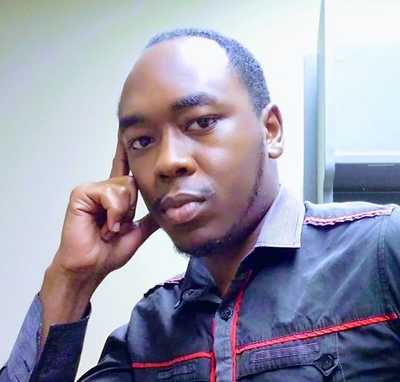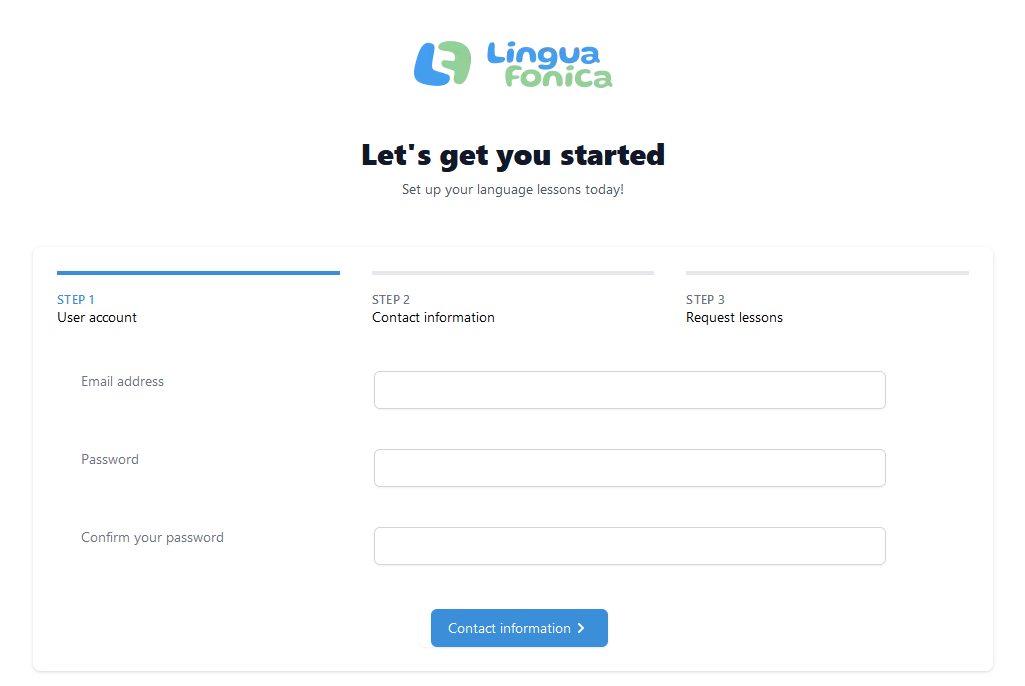10 Swahili language quick facts, that you may already know!
May 12, 2022
Are you interested in some Swahili language quick facts? How about 10 of them? What if you already know some of them? There’s more to Swahili than what Hollywood and conventional media choose to show.
Did you know that Swahili is spoken by more than 200 million people worldwide? It is a rich and well-developed language. Below are 10 Swahili language quick facts that you may not have realized you already know or that will teach you some Swahili and give you a more in-depth understanding of the language.
You already know some Swahili Words
Have you ever used the word ‘safari’ (journey), ‘Hakuna Matata (no problem), or Simba (lion)?’ If your answer is yes, congratulations and you know at least three Swahili words. The popular building block game Jenga also gets its name from the Swahili word “Jenga,” which means “build” or “to build.” It is, therefore, true that Swahili has contributed to global popular culture.
It Developed as a Coastal trading lingua franca
When traders of Arab origins and those of the Kenyan and Tanzanian coasts interacted in pre-colonial times, they had to come up with a lingua franca (a common language adopted by people that speak different languages for the common purpose of trading). They chose to use the Swahili people's Bantu language as a base. As a result, Swahili has a heavy influence from Arabic. The word “Swahili” itself actually comes from the Arabic word “Sahil,” meaning coast, and the language was written in Arabic script.
It is among the 10 most widely spoken languages in the world
As stated above, Swahili or Kiswahili as the speakers refer to it, is spoken by more than 200 million speakers. Most of these speakers are found in Eastern and Central Africa in countries such as Kenya, Tanzania, Uganda, Burundi, Democratic Republic of Congo, North Zambia, Mozambique, etc.
It is taught in More than 100 Universities in the USA
The world has recognized the importance and reach of Swahili. So many universities outside of Eastern Africa are now offering Swahili as a language for undergraduate and graduate students to learn.
Yale, Harvard, and the University of Wisconsin - Madison are a few reputable universities that offer Swahili as a language option that students can use to satisfy their graduation requirements (and where some Lingua Fonica tutors have been instructors). Many other universities in Europe and Asia also offer Swahili to their students. Which shows the reach of this East African language.
It’s Easy to Learn
Are you thinking of studying a new language? Swahili could be the language for you because it’s relatively easy for native English speakers to learn compared to other African languages. Swahili has proved to be easy for speakers of English because of its lack of lexical tone, similar to English. So you should definitely consider learning to speak Swahili!
Its Slang version, Sheng, is Popular among the Youth
Sheng, a youthful language that started in Nairobi slums has gained mainstream presence and is used in advertising scope, media scope, and even political scope. In Kenya, Sheng is no longer confined to cities as people in villages and small towns have had to catch up. Tanzanians and Ugandan people are also using Sheng in their conversations thanks to popular culture.
It has been around for centuries
The first known Swahili script written in Arabic in 1711 was found in Kilwa, which is in present-day Tanzania. These scripts are kept in the historical archives of Goa, India. Since then Swahili has adopted the Roman script for writing.
It has adopted words from different languages
Swahili, just like so many languages, has borrowed words from other languages. About 30% of Swahili words are borrowed from Arabic. Swahili has also adopted words from English such as polisi (“police”), kompyuta (“computer”), redio (“radio”), etc.
Other languages that Swahili has borrowed from are Portuguese, Persian, and German. The borrowing process happened mostly through contact either in trade or colonialism.
It is an Official Language of the African Union (AU)
Recently, in 2022, heads of state in the African Union met and adopted Swahili as an official working language. Swahili is also the official working language of the East Africa Community (EAC).
All Words in Swahili end in a Vowel
Take any writings; books, short stories, or even court transcripts, and you will realize that all Swahili words end in a vowel sound. Even words borrowed from other languages have to pass through a sieve (rules) to become Swahili. The word television, for example, becomes televisheni in Swahili.
As you can see, you already know some Swahili! But there is so much more to learn, and Lingua Fonica and our Swahili native speaker tutors are here to help you on your language journey… so turn your Swahili language quick facts into Swahili language lessons!
Written By

Kimathi
Kimathi got his education degree to teach Swahili at the University of Nairobi and taught Swahili language and literature at a high school there for three years before coming to the US for graduate studies. He has worked as a translator and editor for the last few years as well as teaching Swahili language and African cultural studies classes at the University of Wisconsin, Madison.
Ready to begin your journey?Schedule your first lesson now

